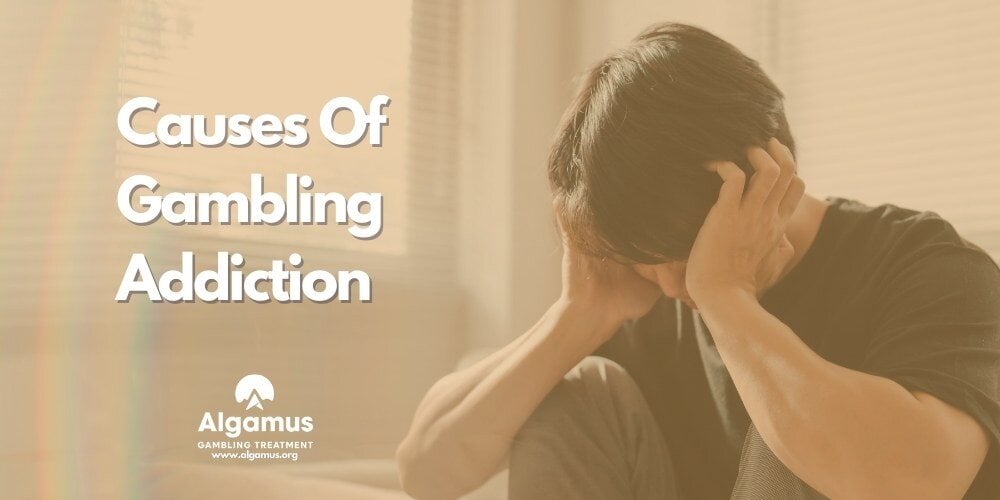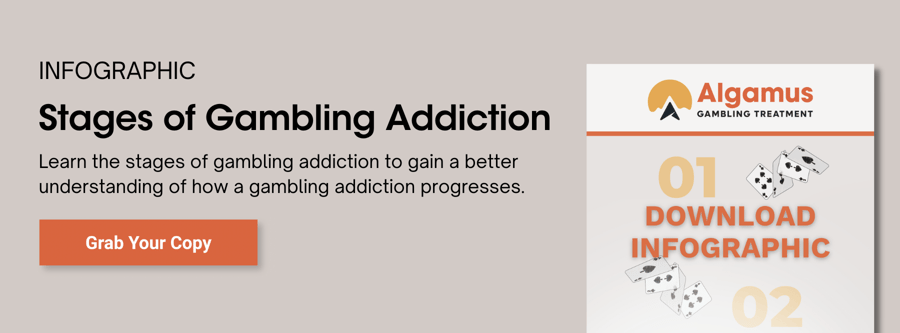
Breaking Free from Gambling Addiction: Understanding Causes and Finding Treatment
Gambling addiction is a serious behavioral disorder affecting millions worldwide, characterized by uncontrollable gambling impulses despite negative consequences. Drawing from 30 years of treating addiction, this guide explores its root causes and effective treatment strategies.
Understanding Gambling Addiction
Gambling addiction extends beyond the thrill of winning or losing money. It's a complex mental health issue that can lead to financial ruin, broken relationships, and diminished quality of life. The condition often has genetic predispositions and can be influenced by environmental factors and mental health issues.
Common symptoms include:
- Intense preoccupation with gambling
- Lying about gambling activities
- Borrowing money to continue gambling
- Neglecting responsibilities
- Persistent feelings of guilt or shame
- Difficulty controlling impulses

Distressed man holding head in hands
Root Causes
Psychological Factors:
- Stress, anxiety, and depression
- Impulsivity
- Need for excitement
- Escape from reality
Social and Environmental Factors:
- Early exposure to gambling
- Peer pressure
- Family history of addiction
- Easy access to online gambling platforms

Gambling addiction progression stages
Treatment Strategies
- Professional Help:
- Cognitive-behavioral therapy
- Medication for underlying conditions
- Financial counseling
- Support Systems:
- Gamblers Anonymous meetings
- Family and friend networks
- Professional counseling
- Lifestyle Changes:
- Identifying and avoiding triggers
- Developing new hobbies
- Setting financial boundaries
- Practicing mindfulness

Man holding poker chips
Dealing with Relapse
Relapse is a common part of recovery but doesn't signify failure. Key strategies include:
- Learning from setbacks
- Strengthening coping mechanisms
- Maintaining support networks
- Continuing professional treatment
Recovery is possible with commitment, proper support, and effective treatment strategies. Seek professional help early for the best chances of successful recovery.

Woman praying with raised hands

Man typing on laptop
